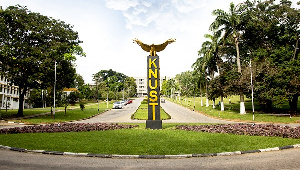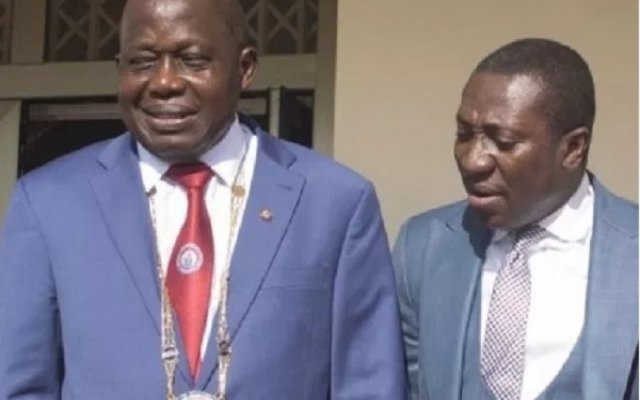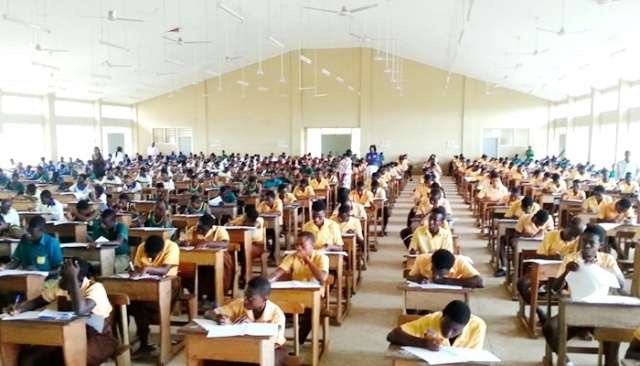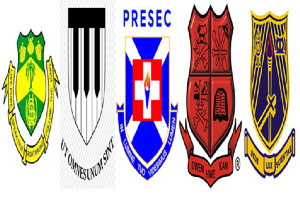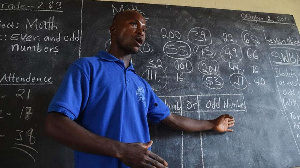Nationwide self-placement exercise for 187,542 candidates ongoing
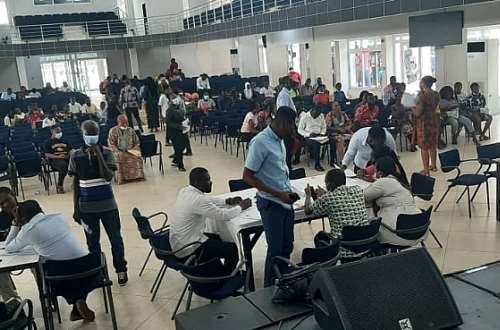

The exercise which is being done in all the 16 regions across the country will allow the students to select new schools after they could not get placed during the automatic placement.
Briefing the media in Accra on Tuesday, Nana Afrah Sika Mensah, Deputy Coordinator for the Free Senior High School (FSHS), said a total of 75 personnel of the FSHS secretariat have been trained on good customer service skills to assist parents and students with challenges.
The Coordinator said the call centres were being managed by 75 trained personnel with good customer service skills so they could assist parents and other guardians to resolve various admission issues such as change of school, changing of sex, change of programme and status among others.
She urged parents to take a keen interest in resolving issues at their various regional resolution centres themselves instead of engaging agents or people at the internet café who would not get them the right answers to their questions.
Nana Afrah Sika Mensah also cautioned parents not to pay money to anyone who comes to them to offer such a service at a fee since the CSSPS does not charge anything for such a service.
Background
The Ministry of Education through the FSHS secretariat over the weekend announced the release of the school placement for qualified candidates who will be attending either SHS or any TVET institution in the country.
A total of 571,892 candidates wrote the 2021/2022 Basic Education Certificate Examination (BECE), after which 555,353 candidates qualified to further their education at the second cycle level. Out of the number who qualified, 367,811 were automatically placed in their school of choice leaving only 187,542 to do self-placement.
The establishment of a national and regional resolution centre across the country is helping to offer a face-to-face opportunity to parents, students, the media and other stakeholders to meet the technical team from the CSSPS and Free SHS Secretariat to address their peculiar issues instantly.
Apart from the national teams, four-member teams have been formed at each of the centres in the 16 regions to collate and send to the national technical team issues compiled for redress.

